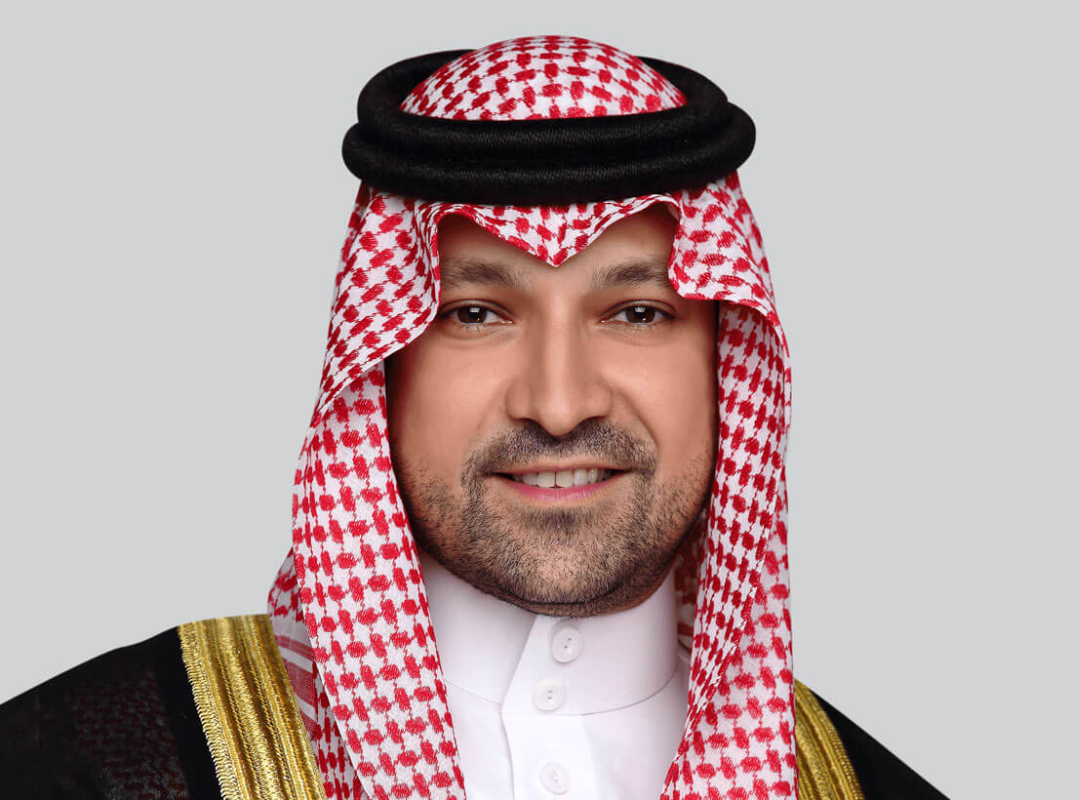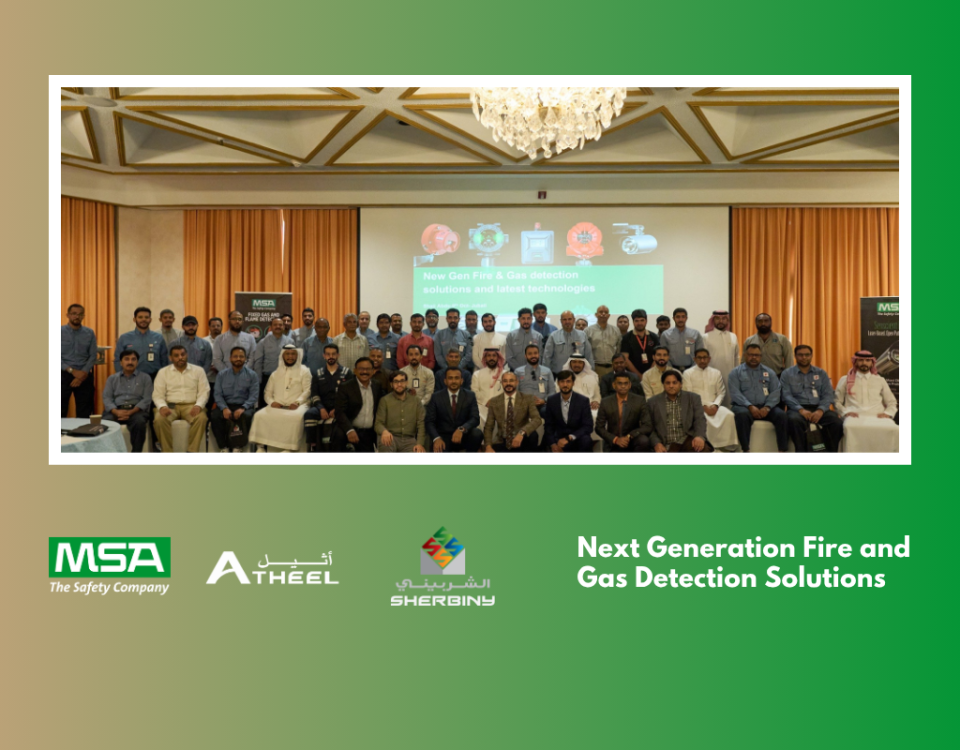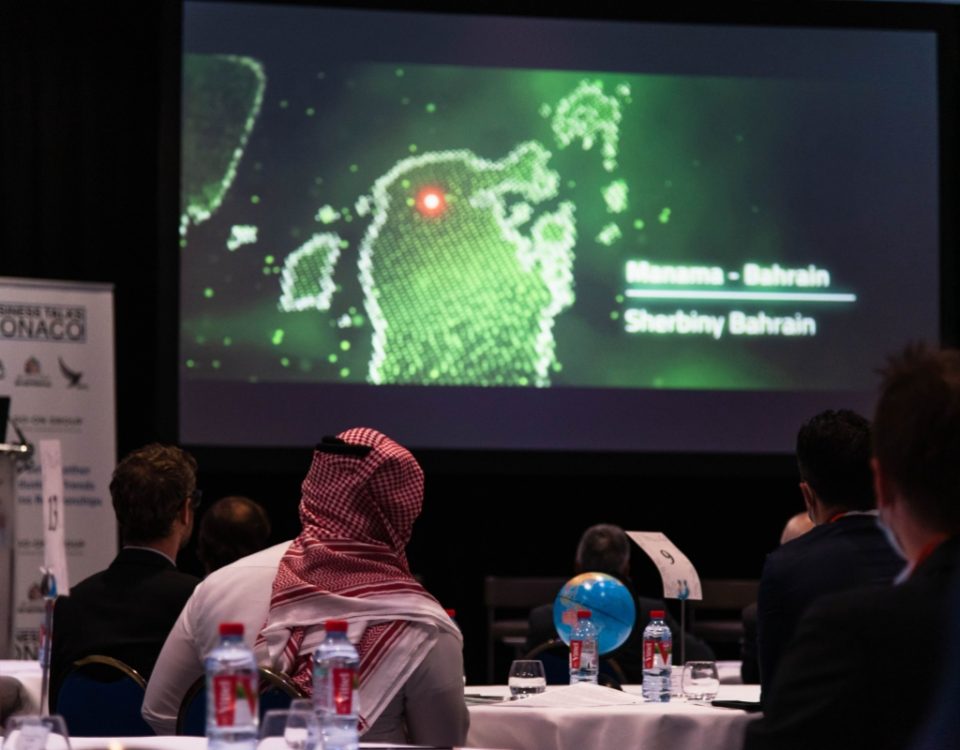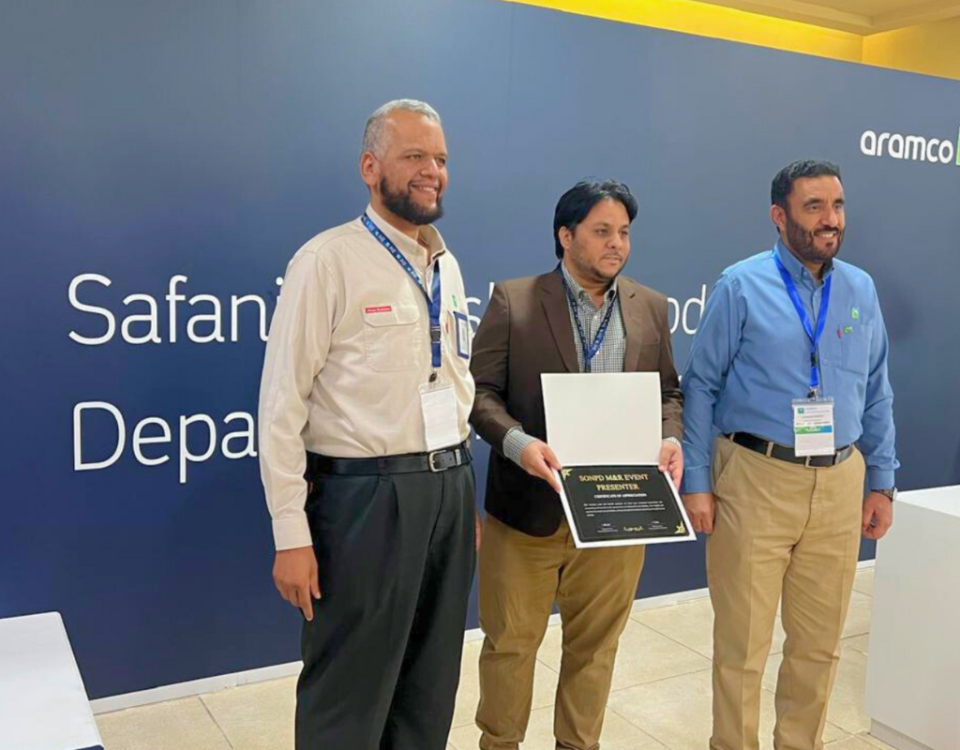
Majed M. Sherbiny, Chief Commercial and Operations Officer at Sherbiny talks about how the company was born from an innovation mindset, and how it continues to evolve and adapt.
How did Sherbiny start, and did you expect it to become such a large company?
Sherbiny started back 1986, possibly at the worst time for the oil and gas industry when the price per barrel was nearly $10. Most people said it was insane to start a company in the oil and gas sector during those times. However, my father created the company with growth in mind. The company’s focus was to bring unique solutions to Saudi’s oil and gas market focused on sales support, services and adding value locally. This strategy was successful during the Gulf War in 1990. The GCC was declared a war zone, and most international companies banned their employees from traveling to our area. Hence, we were one of the few companies that had the local capability to respond.
Now, we are ten times the company that we were in 1990. We are confident that the second phase of growth is forthcoming. As a company, we are getting ready to launch a new phase of innovation and development in-line with Vision 2030.
How are you uniquely positioned to support the kingdom’s vision?
We decided to shift our business model to local added-value manufacturing. We have signed several manufacturing license agreements and joint ventures with global manufacturers to localize their products. We implemented this plan in two parallel routes.
The first route is to utilize our existing facilities as interim facilities to carry the initial scope of localization for the products. The second route involves building a new 15,000 sqm state-of-the-art industrial complex to house the full spectrum of high technology manufacturing of electrical and instrumentation equipment, fluid handling systems, and more all “made in KSA”. It will also house training and R&D facilities.
This realignment of strategy and structure will create hundreds of jobs and put us in-line with the country’s vision of increasing the localization in the oil and gas sector from the current 40% to 75% by 2030.
Do you think the pandemic might cause a delay in achieving Vision 2030?
The pandemic has affected the global economy and specifically impacted oil demand, but from what I can see during the past few months, the majority of government projects are still on track such as Qiddiya, Red Sea Project, and NEOM. I believe that the government has managed the situation effectively. Budgets were allocated, and companies were given strict health guidelines to ensure safety. In regards to private sector support, the government introduced aid packages worth over $32 billion to mitigate risk.
Do you see Vision 2030 creating more opportunities to collaborate across different industries?
Absolutely. One of the cornerstones of the government’s vision is to create new sectors where local companies collaborate with foreign partners. For example, in renewable energy, numerous consortiums between Saudi and foreign companies have been created to bridge the technical knowledge gaps and develop robust financial partnerships. Similar examples can be seen in the entertainment industry with true collaboration between local companies and global expertise. It is a validation for Vision 2030.
Are there specific challenges that you think might arise, and how do you plan to solve these challenges?
On the country’s scale we see that the economy is developing at a rapid pace. This puts a huge demand on skilled people, which in my opinion is the biggest obstacle. We need more training and education opportunities for locals as well as more incentives for specialized expatriates to stay who are necessary for the economy. They help transfer the knowledge to the national workforce through training and mentoring. The good news is that Saudi Arabia will introduce a “Green Card” system in the near future to help stop this drain of talent and capital.
At our company, we have created our in-house training facility “Sherbiny Knowledge Academy.” It’s an online platform dedicated to our employees where they will be assigned a number of courses ranging from general and soft skills all the way up to technical and speciality training. This will help transfer knowledge and ensure the sustainability of the company.
What new opportunities do you think are going to present themselves?
I am a big believer in technology and its applications in our life. As we are living the fourth industrial revolution with a shift towards automation and artificial intelligence, I believe this is where we can realize the next boom in business. To signify the importance, around 70% of Saudi Arabia’s Vision 2030 strategic objectives are associated with AI and Data.
Technology has already been implemented in many airports, commerical facilities, and hospitals throughout Saudi Arabia. Other security and data analytics applications are going to present themselves soon. Saudi Arabia is aiming to be a pioneer in implementing AI and machine learning to boost efficiency and productivity in all sectors.
What are your plans beyond 2030?
It is very challenging to answer this question with all the dynamics within the country and around us. Saudi is a growing nation, which gives us energy and hope beyond 2030. My plan beyond 2030 is to create a research and development center focused on industrial product development in collaboration with global universities and R&D centers to develop innovative 100% “Made in KSA” solutions for various industries.
How can organizations further help support the economy?
Private sector and SMEs should look beyond their traditional businesses and focus on adding value.
I strongly recommend that business owners start thinking about changing their business model to suit the new market requirements. They need to become more innovative in their value proposition or shift towards adding value locally such as manufacturing. Doing so will guarantee compliance with overall government or customer objectives, such as Saudi Aramco’s IKTVA program.
What advice or insight would you like to give other business leaders at this time?
Invest, invest, invest. This is the optimal time to start businesses or restructure existing companies and realign them with the current market expectations and gaps. Invest in implementing innovative solutions to increase your productivity. Invest in bringing new products that are being manufactured locally. Invest in training and educating your national workforce as they will be the pillars of any company and economy. Invest in going beyond the borders of the country and explore other markets for export opportunities. All of these above opportunities are the core of the country’s vision and an investment for a successful future.



